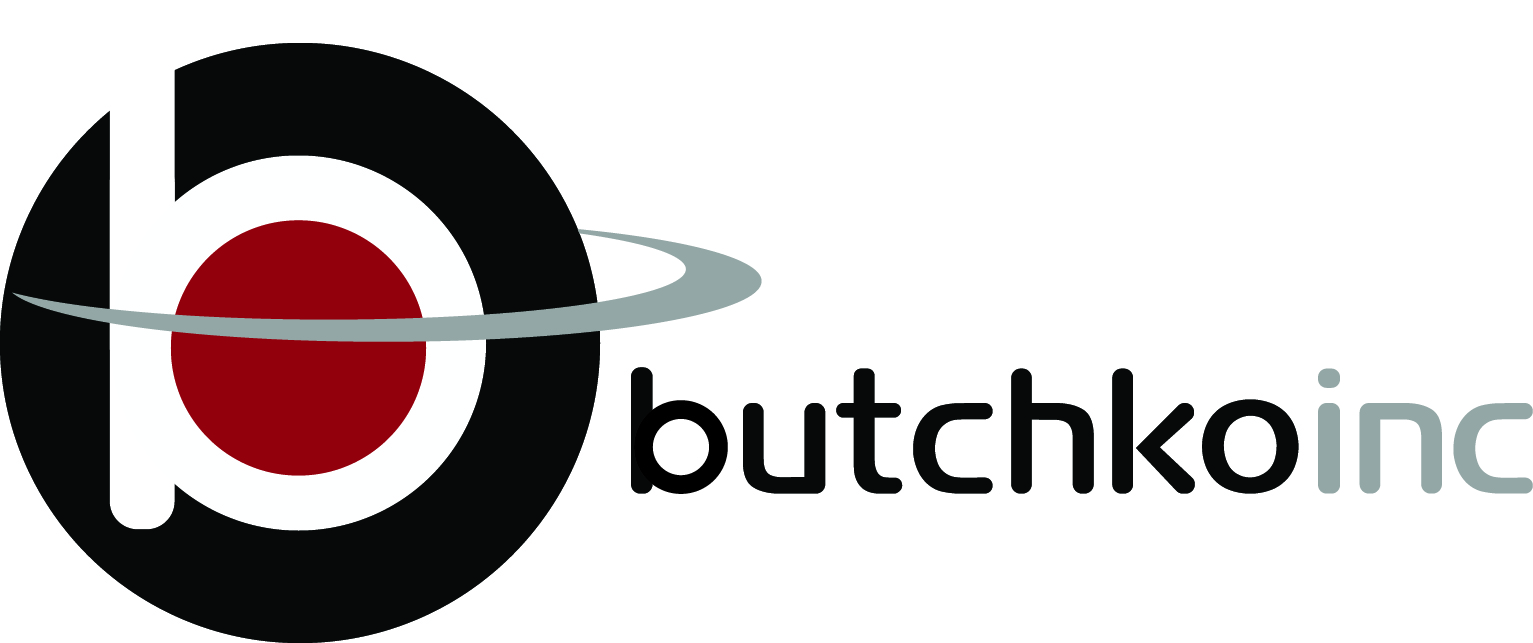When it comes to pipeline safety and security, our two neighbors provide an interesting and illustrative contrast. To our north, Canada’s oil and gas industry’s safety and security standards, with regards to pipelines, mirror and even surpass those of the U.S. The oil and gas sector is privately owned and operated and government’s involvement, though substantial, is limited to necessary oversight and regulation of the industry and its infrastructure.
Our southern neighbor, Mexico, tells a different story. Setting aside the question of safety and security standards, guidelines, and regulations, the overriding question is how well and effectively they are enforced. We have our suspicions, but it is worth a fair examination. The oil and gas sector in Mexico has been a state-owned entity since 1938. The Mexican government derives at least a third of the country’s national revenue from heavy taxation levied on Petroleos Mexicanos (PEMEX), so it is heavily dependent on its continued financial success. So enforcement of regulations, guidelines, safety, and security issues viewed through this optic – the financial bottom line – could yield interesting insights.
There are over 60,000 kilometers of pipeline throughout Mexico, transporting natural gas, oil, and other hazardous liquids. Under normal circumstances, these pipelines can be a relatively effective and safe means of transport for energy products. Circumstances in Mexico are not normal. The country’s vast pipeline network is acutely vulnerable to criminal exploitation through illegal taps and covert diversion pipelines. A veritable “cottage industry” of petroleum product theft has grown up, coinciding with the significant rise of lethal transnational organized criminal cartels in the past two decades. Profits from the theft and sale of petroleum products siphoned from pipelines is in excess of USD $1 billion and growing. This stream of revenue has gone from being a supplemental source of cash to fund narco operations, to a principal source of revenue in its own right.
As of September 2014, there were an estimated 2,481 illegal taps found on Mexico’s pipelines. That these are used to bleed off profits into the coffers of transnational criminal organizations (TCOs) is bad enough. However, the consequences in terms of pipeline integrity management are much worse and worthy of consideration by U.S. companies venturing into the newly-opened Mexican energy market. Since 2007, there have been at least nine reported accidents directly attributed to the compromise of pipeline integrity by illegal taps. Thus far, these criminal incidents caused at least 55 deaths, 109 injuries, and over 8,000 persons displaced, not to mention the economic and environmental impact.
Now, this level of threat to the safety and security of communities and persons in the U.S. and Canada would cause a tremendous outcry and a significant involvement by the government in imposing regulations, standards, and penalties on the industry. Our question is, what is the level of government and industry response to these clear security issues in Mexico?
When “security and safety” are cited in terms of how the industry or government is addressing the integrity of pipelines, it is typically the “safety” side of the equation that gets the most attention. Butchko is interested in understanding if the industry, and by extension Mexican government’s best-practice regimens for pipeline integrity in the country, are sufficient to the very real and measurable threats they are facing from the TCOs.
